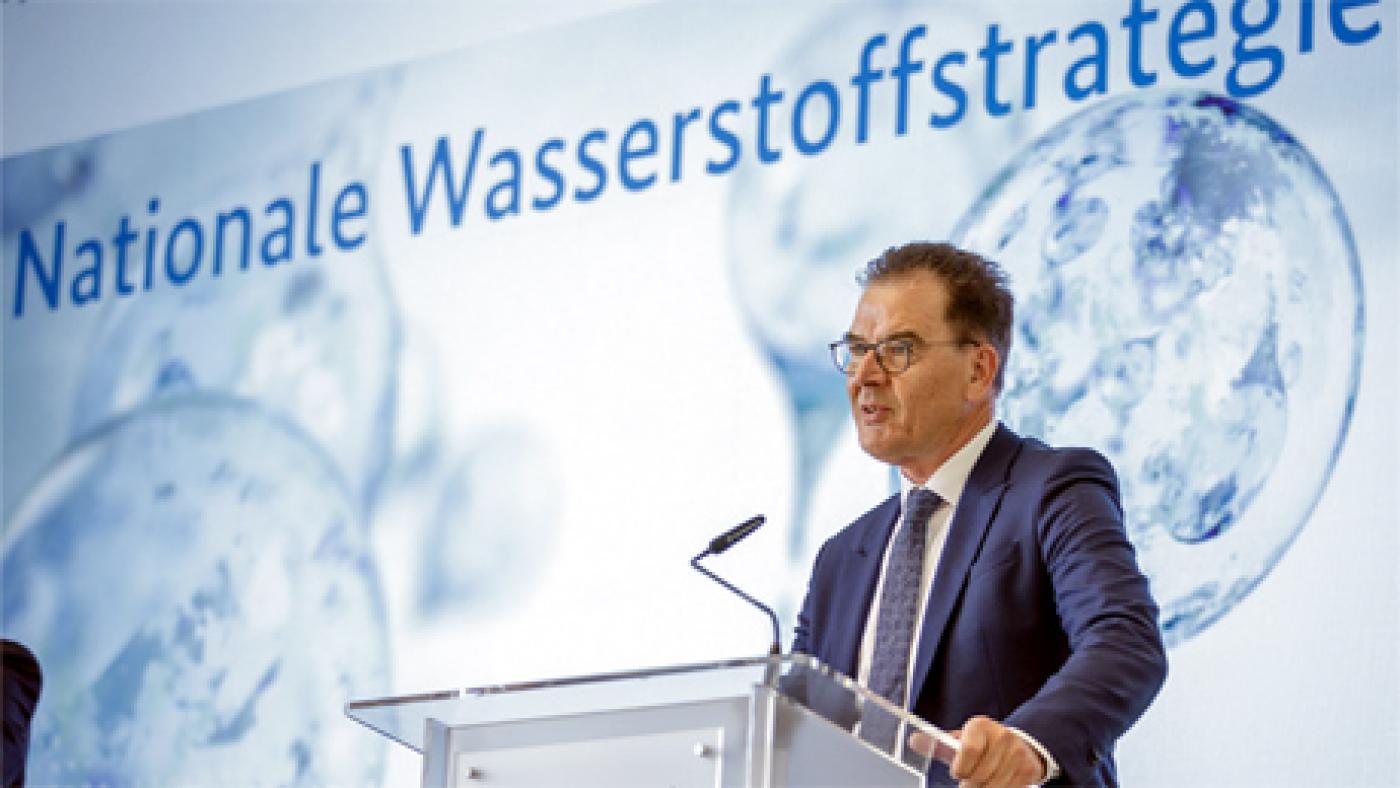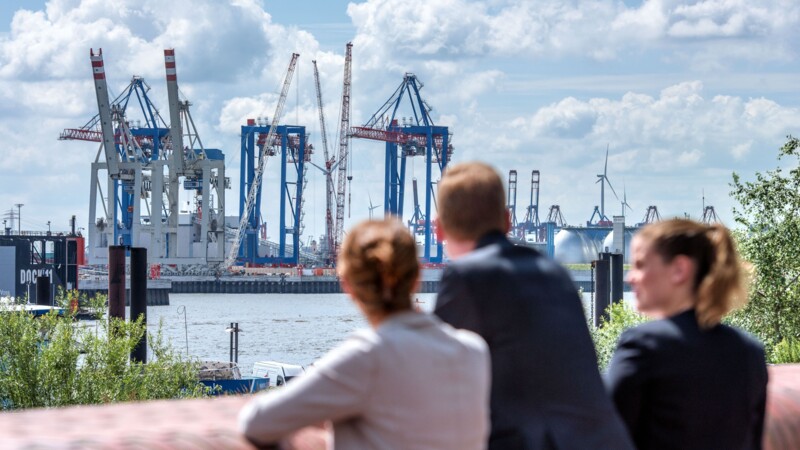Hydrogen as an energy carrier has a wide range of applications that can be used in fuel cells to promote hydrogen-based mobility and as the basis for synthetic fuels. On the other hand, hydrogen can store renewable energies in a supply-orientated and flexible manner and help balance supply and demand. Hydrogen is also an essential part of sector coupling. In areas where electricity from renewable energies cannot be used directly, eco-friendly hydrogen and its derivatives open up new paths to decarbonisation. These follow-on products, also known as power-to-x, denote different ways of storing or using surplus electricity.
"A successful energy transition means combining security of supply, affordability and environmental compatibility with innovative and intelligent climate protection," according to Germany's "National Hydrogen Strategy" which was adopted by the cabinet in June. Alternatives to fossil fuels are needed to achieve the ambitious goal of long-term climate neutrality as required by the Paris Convention. Hydrogen plays a key role in developing and completing the energy transition.
Advantages of hydrogen
Eco-friendly hydrogen from renewable energies

Hydrogen as an environment-frlendly energy is the deciding factor. Michael Westhagemann, Senator for Economics, Transport and Innovation, pointed out: "The focus is on eco-friendly hydrogen from renewable energies. This results in a key role for the north, which we want to seize." The German government's economic stimulus package has earmarked EUR 7 billion for the immediate implementation of the National Innovation Programme. Westhagemann, who has long been committed to this innovative technology, stressed Hamburg's special situation: "We here in Hamburg in particular, are in the starting blocks when it comes to hydrogen. This is a huge opportunity for our location, which we will use with our partners in industry and partners."
Hamburg heading for hydrogen
The new coalition agreement also focuses on hydrogen in a section entitled "Hamburg as a centre of the hydrogen industry and innovative storage technologies". It also reaffirms the plan to develop one of the world's largest hydrogen electrolysis plants on the site of the former Moorburg power plant in the Port of Hamburg. "An innovation hub is to be created in conjunction with this electrolyser in which science, industry and start-ups will jointly develop new applications. Hamburg will support the necessary conversion processes to create a self-sustaining hydrogen sector.”
Benefits for north's labour market
The IHK Nord is also backing the strategy. "The increasing importance of hydrogen technology allows us to strengthen our regional added value and retain highly qualified specialists and create new, attractive jobs," said Janina Marahrens-Hashagen, Chair of IHK Nord. She noted: "The energy transition will be decided in northern Germany." After all, the region is home to renewable energies, which form the basis for environment-friendly hydrogen.
OECD's recommendations
The keener focus on hydrogen follows the recommendations of the Organisation for Economic Co-operation and Development (OECD) in a report that identified the strengths and weaknesses of the Hamburg Metropolitan Region last autumn. The report highlighted the region's potential in the renewable energies sector and the production and use of environment-friendly hydrogen.
ys/pb
More
Similar articles

ITS World Congress launches Young Mobility Community

Metropolitan Region eyeing spot as top eco-friendly hydrogen provider

